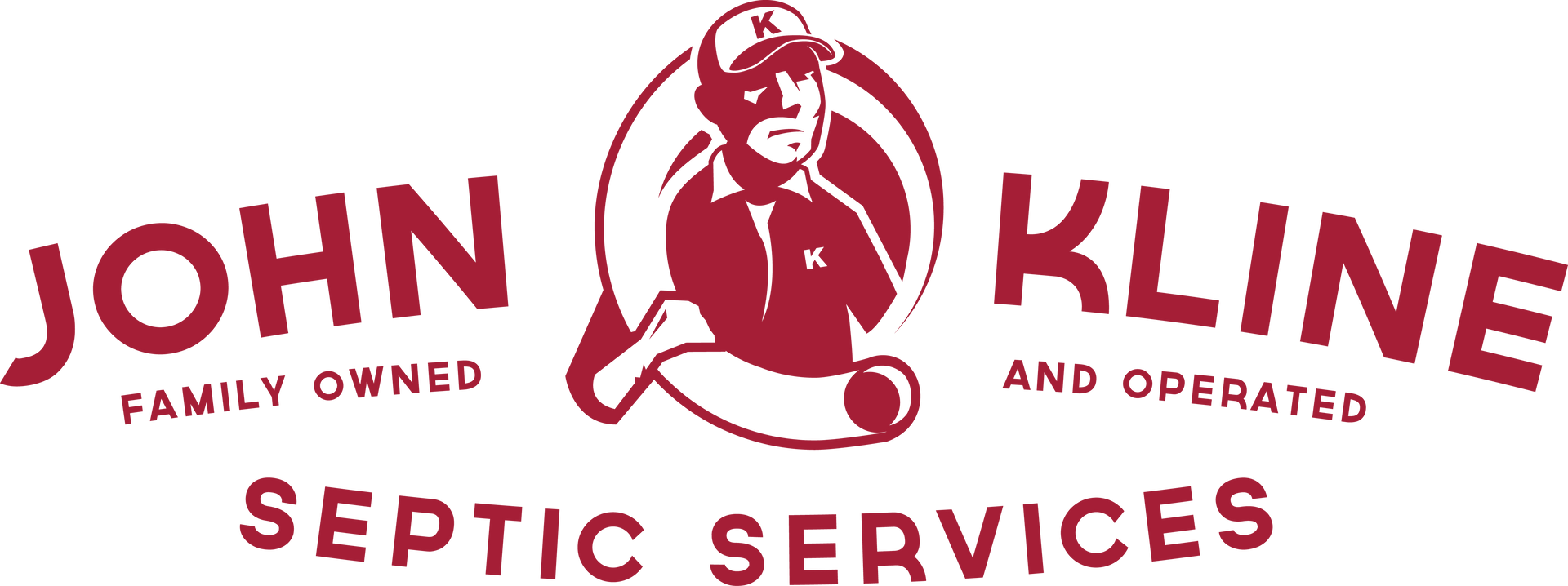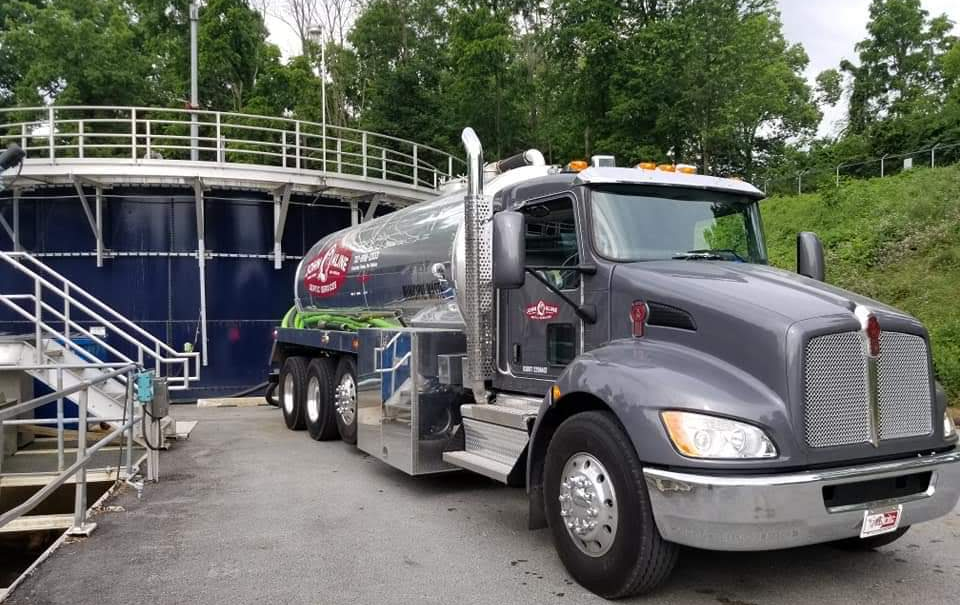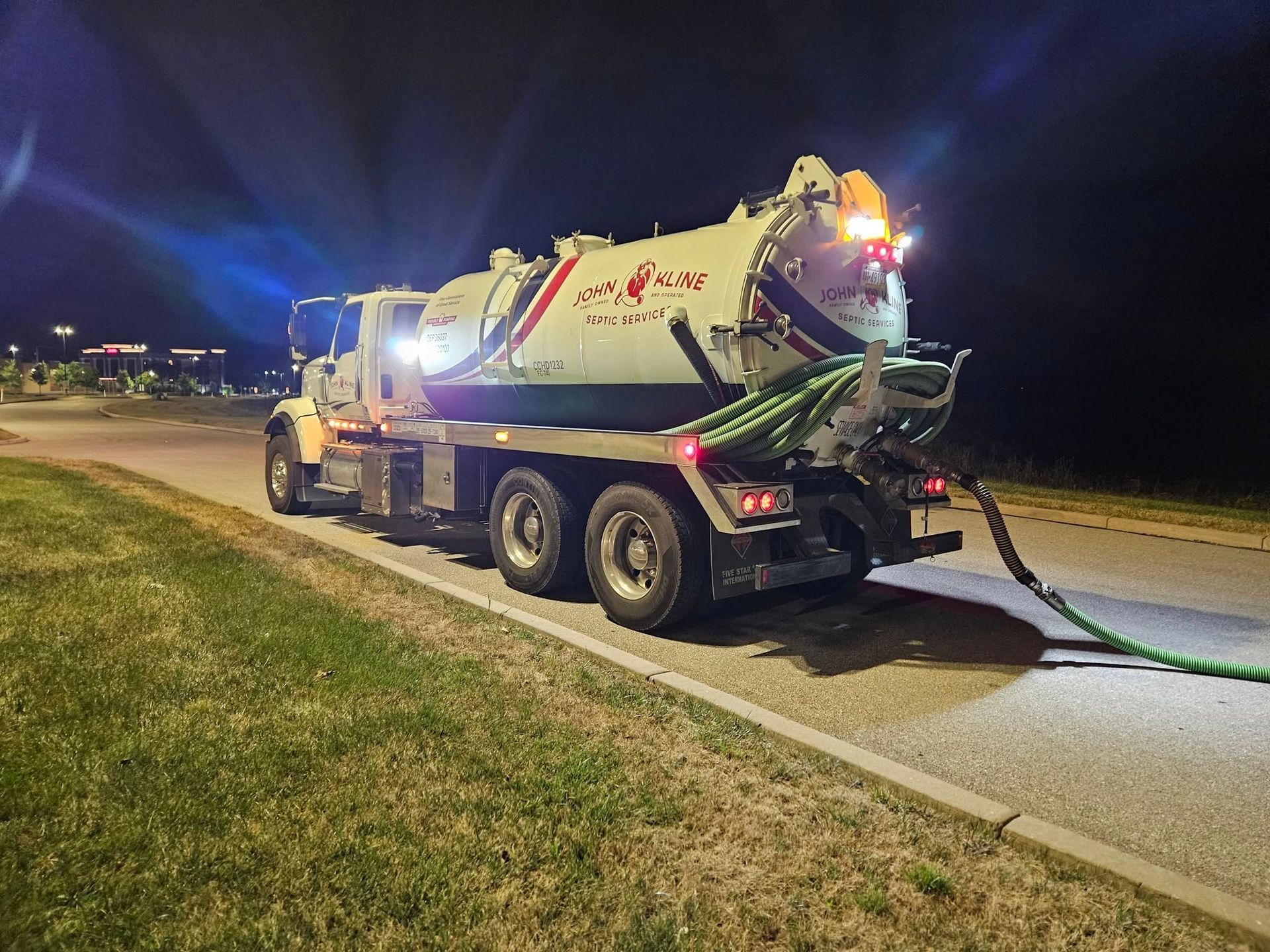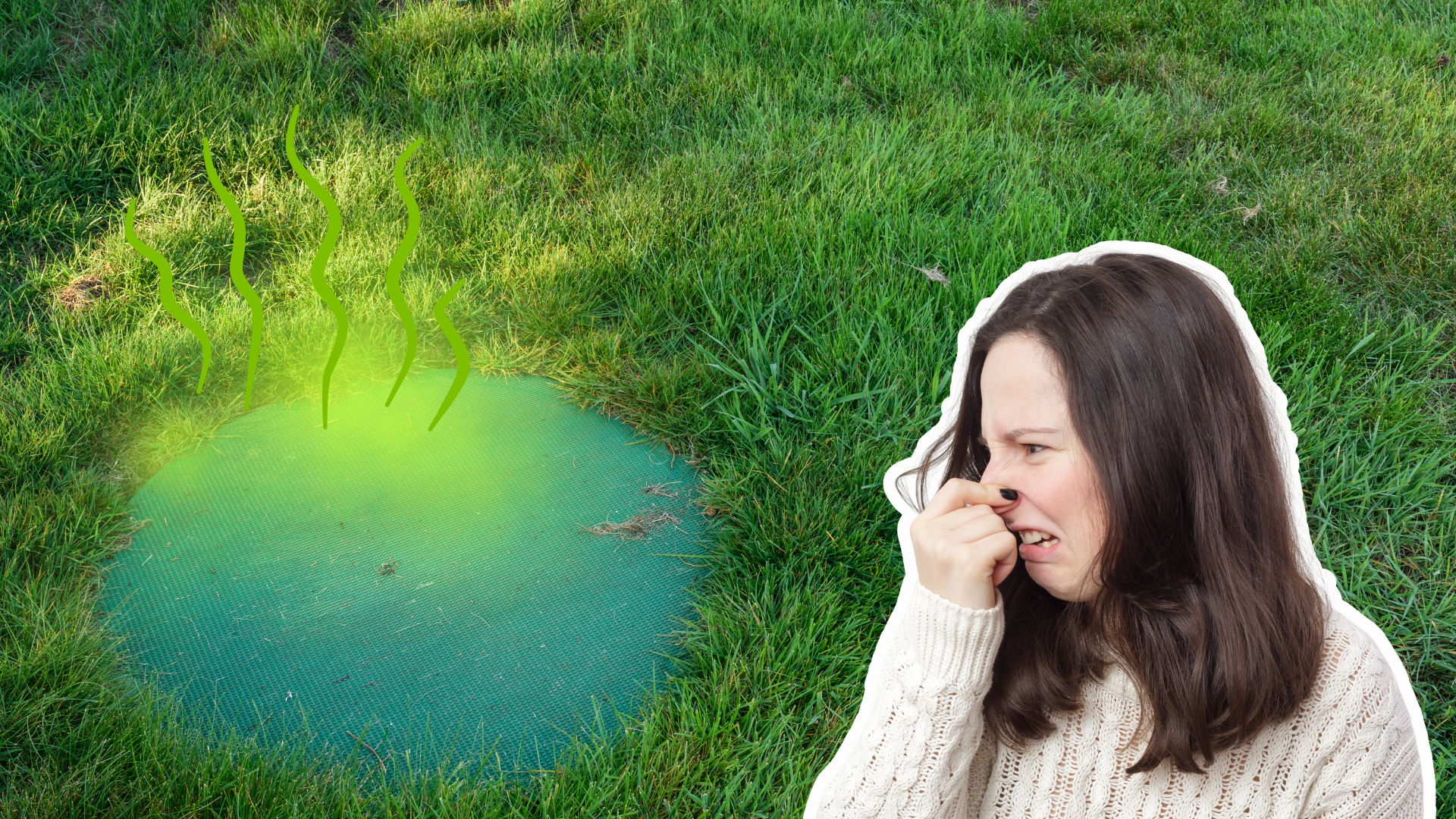What is a Grease Trap? And Why Your Business Needs One
Everything you need to know about grease maintenance for your Central Pa restaurant or business!
The EPA estimates that there are 23,000 – 75,000 sanitary sewer overflows (not including backups into buildings) each year with grease being a major cause. We mention this, because not only is a good grease maintenance plan necessary to keep things running smoothly, it's essential to comply with your state's Fats, Oils, and Grease (FOG) regulations. With some planning up front (and a functioning grease trap or interceptor), you’ll see how easy it is to manage your restaurant grease and comply with FOG regulations. Keep reading to learn more, or contact us today for all your Lancaster Pa grease trap maintenance needs.
Grease Trap 101
Let’s start with the basics: What is a grease trap? Grease traps are devices that your kitchen wastewater flows through on the way to the sewer. These devices separate grease and other fatty waste from the water before it can reach the sewer. Grease traps can also be called grease interceptors, and while they are not the same, they do the same job.
Whether you need a grease interceptor or grease trap will depend on your business’s size and the amount of grease and fatty waste you regularly produce. There are different types of grease traps/interceptors, but your standard trap has two chambers. As your kitchen wastewater flows through the first chamber, it captures the grease. Once it solidifies, it will float to the top of the first chamber, allowing the clean water to flow into the second chamber.
What Businesses Need to Have a Grease Trap Installed?
- Any restaurant or take away outlet
- Bakeries and cafes that bake their good on the premises
- Shopping centers with food outlets
- Mobile food outlets
- School and colleges
- Catering companies
- Food manufacturing facilities
- Convenience stores
- Hospital and nursing home kitchens
From the list, you can see that pretty much any business that produces fats, oils, and greases in large quantities must install a grease trap or interceptor. High volume grease producers such as hotels and hospitals typically require a grease interceptor. Low volume foodservice establishments such as fast food outlets or mobile takeaways need a grease trap.
How Often Do You Need to Empty Your Grease Trap?
Grease devices fill up fast, so you must have a regular cleaning and maintenance schedule. As the grease trap fills up, it becomes less effective at preventing grease from getting into your pipes. A good rule of thumb for
Central Pa grease trap cleaning is every 1-3 months. Note that the longer you leave it between cleanings, the more chance the grease will harden and be far more challenging to remove – increasing the time required and price of service. The effectiveness of the trap also diminishes as it fills up with grease. Regular cleaning will keep your grease trap performing effectively and reduce the chances of costly blockages. Are you in need of
grease trap service for your restaurant?
Contact us today to arrange service - we can often beat your current rates!






